By Jordan Dane
On a Dark Wing – When 16-year old Abbey Chandler cheats Death and lives past her expiration date, her lucky break comes at a heartbreaking price. And Death has never forgotten.
For my adult debut “No One” series for HarperCollins, a gracious group of aspiring authors offered to conduct a virtual tour for me. It would be their first and they wanted to learn how to do one. Being a new author, I jumped at the chance. I learned a lot from that experience. It brought traffic to my website and exposed me to new readers, but it was also a lot of work to come up with fresh material at each tour stop. It exhilarated and drained me at the same time, if that makes sense. By the end, I had nothing to really gauge my effectiveness, except that I had made new author friends, which I’m always grateful for.
Flash forward to the present—and my, oh my—how things have changed.
After reading my Young Adult (YA) debut book – IN THE ARMS OF STONE ANGELS – YA fantasy author Trisha Wolfe of YA Bound loved my book and contacted me. We kept in touch. She’s a talented author with her debut book – DESTINY’S FIRE – coming out in early 2012. When she heard I had book #2 being released soon—ON A DARK WING (Jan 2012, Harlequin Teen)—she asked if she could host a virtual book tour for me. I’m learning so much from her. She’s a very generous soul. With more and more readers following each other’s review sites and getting book suggestions from this growing resource, it intuitively made sense to me that I should tap into this trend, but how? I had little idea how to get “Discoverability” as Clare Langely-Hawthorne described in a great TKZ post on Monday.
Here’s what we’ve done to date and I’ll share what’s ahead.
COVER REVEAL – I held off on revealing my cover until YA Bound was ready to launch the sign up for bloggers wanting to be tour stops. This took coordination with my house so they wouldn’t make my cover available to public forums like Amazon or Goodreads.
TOUR HOSTS – From my Twitter & Goodreads activity, I had the pleasure of meeting Trish of YA Bound online, but I’ve learned since then that hosts sometimes charge for their services to host a tour. Another site I’ve heard about is THE {TEEN} BOOK SCENE. Coordinator Kari has a great reputation and conducts her services for free, but asks for donations. If you query “Virtual Book Tours” online, you will find many links on the subject, including host sites who may specialize in your type of genre.
TOUR SIGN UP – On Oct 3rd, when I posted a reveal of my cover, I announced that YA Bound would host my online tour and sign ups would start on Oct 4th. On the first day, Trish told me we had a record number of blogs join the tour and more were coming. The sign up period ends Oct 31. The last time I checked, we had 45 blogs on that list. The next step will be to evaluate who will get selected. Participants will be notified soon with the tour to commence as soon as YA Bound determines a schedule.
TOUR REQUIREMENTS – What do bloggers do on the tour? Look at YA Bound’s tour requirements HERE. Trish’s experience as tour host shows in this detailed list of requirements. The more that is spelled out in advance, the smoother things will run, but an experienced tour host is vital to make the tour look effortless.
DISTRIBUTING ARCs – Harlequin Teen uses Netgalley to get advance reader copies into the hands of tour members as well as other online reviewers who are approved by them. My book is HERE on Netgalley. To read Harlequin Teen’s reviewer criteria, click HERE.
BANNERS & COUNTDOWN WIDGETS – Trish created a tour banner using my cover and the logo of my publisher. These graphic designs can cost money, but Trish did mine for free using WidgetBox. She did an amazing job. Click HERE to see the tour banner and the countdown widget she created for free too. These banners and countdown widgets can be cross posted by bloggers and sites signed up for the tour to help spread the word. But anyone can grab the code, even if they aren’t participating in the tour.
TOUR STOP VARIETY – In my very first virtual tour, most of the tour stop formats were Q&A interviews where the host (who had read the book) would ask interview questions that ranged from book inspirations to craft advice. By the time you schedule 20 tour stops, however, this format can lose steam when the questions seem redundant. With the new tours, the host will work with each tour stop to come up with different kinds of features. I’ve seen longer lists of ideas to make each stop unique, but here are only a few (some of my favorites): Vlog Interviews (video interviews with the author posted online), When I’m not writing (highlights of hobbies, family or pets), Author Book Picks, Cover Interview, Author with Editor Interview, Character Tweets (I’m planning one with Death), Character Interviews, or a Top Ten List that can be related to the author or the book. There’s more, but this will give you an idea of how creative these tour stops have gotten.
GIVEAWAYS – My publisher has contributed books to giveaway on the tour, but my character, Abbey Chandler, will have a special gift for readers who win a book. She’s says it’s a secret. [Insert eye roll here. She can be a real drama queen.] And at the conclusion of the tour—on a live chat hosted by YA Bound—a Grand Prize will be given away. It’s really cool, but I’m not saying what it is yet. Shhh!
GRAND PRIZE – A grand prize will be given to tour participants who make every stop & comment or participate. As you might imagine, the grand prize is aptly named for its GRANDEUR, incentive for blogger to FLIP OUT!
SOCIAL MEDIA TANGO – With every tour stop, it will be key to promo on Twitter or other social media sites. My tour host will help with this and so will my publisher & other bloggers who are part of the tour. This could be significant & retweeting (RT) by others can add fire to the buzz. I’m a big lover of Twitter. Most morning, I check in to see what’s happening. I RT messages or post a link to TKZ to promo our post using appropriate hashtags (ie #writing, #amwriting, #publishing) if the posts relate to craft or industry. Hashtags allow my Twitter messages to reach beyond my followers and tap into a bigger universe on Twitterville, folks who follow writing or publishing news.
TWITTER CONTESTS – I recently saw an author run a series of quick contests on Twitter for a limited period of time. She had simple rules stated in advance, but her main reason for conducting the giveaways was to get her ARCs (Advance Reader Copies) into the hands of readers AND to gain followers. Her ARC freebies earned her hundreds of followers in 2 days. ANOTHER CONTEST TIP – If you’re running book giveaways on Twitter or via a link you are tweeting, use the hashtag #BOOKGIVEAWAY to call attention to your post and reach beyond your own followers.
GAUGING RESULTS – A daily posting group blog like TKZ can lighten the load of posting to a blog and is very helpful for name recognition. Plus, if you blog or have a website, you can use stats to gauge traffic to your site. Recently, James Scott Bell noticed that TKZ had risen to #37 in literature blogs and brought that to our attention. Joe Moore pointed out that we see 1500+ page hits a day on average. On these Blogger stats you can see where traffic comes from and Twitter is a big resource to drive people to your site. If you’re not using Twitter to its fullest potential, you’re missing out on a freebie.
Since many of you who follow TKZ are considering self-publishing or have already taken the plunge, I wanted to share what I’ve learned on advance promo that can create buzz about your book. You can find opportunities to promote your work that are cost effective or spend a little money on giveaways or find the right host to showcase your novel.
Please share your thoughts on what has worked for you or ask questions about virtual book tours. TKZ is about sharing ideas and supporting authors.
Reckoning for the Dead (Adult thriller, Sweet Justice Book #4) – HarperCollins, Sept 2011 Now Available.
On a Dark Wing (Harlequin Teen, Jan 2012) – Virtual Book Tour Sign-up at YA Bound – Deadline Oct 31st.

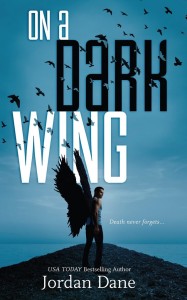
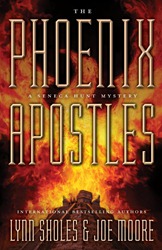

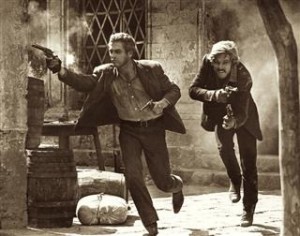
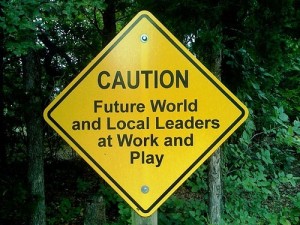




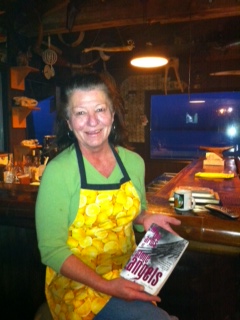
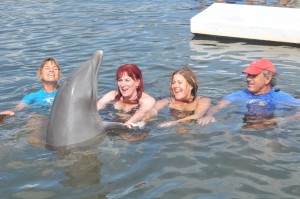
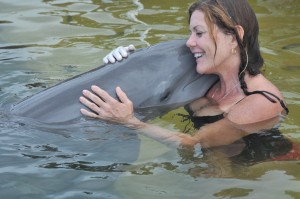
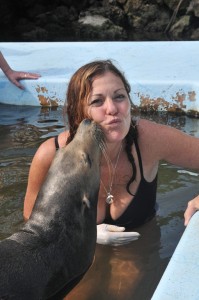
![thumbnail[3] thumbnail[3]](https://killzoneblog.com/wp-content/uploads/2011/10/thumbnail-25255B3-25255D_thumb-25255B1-25255D-300x216.jpg)